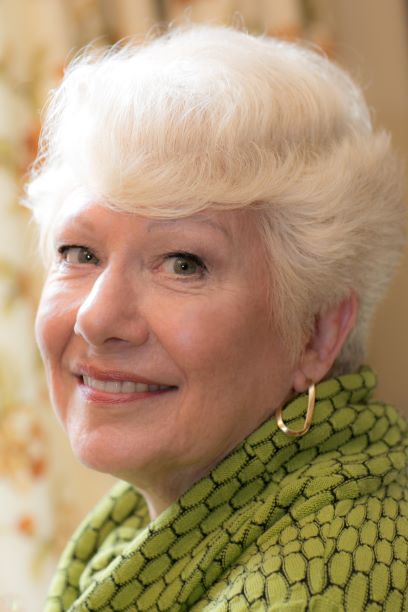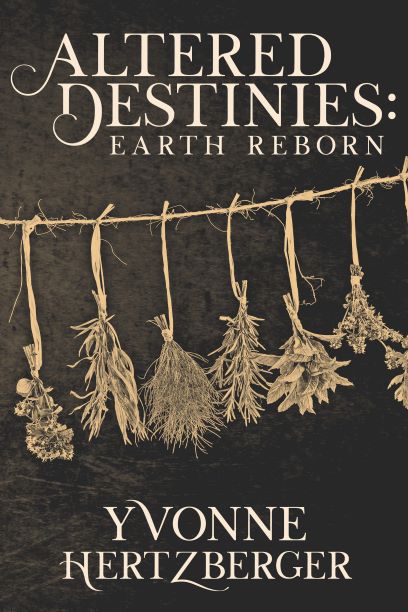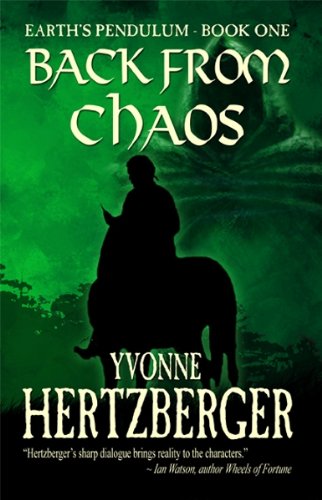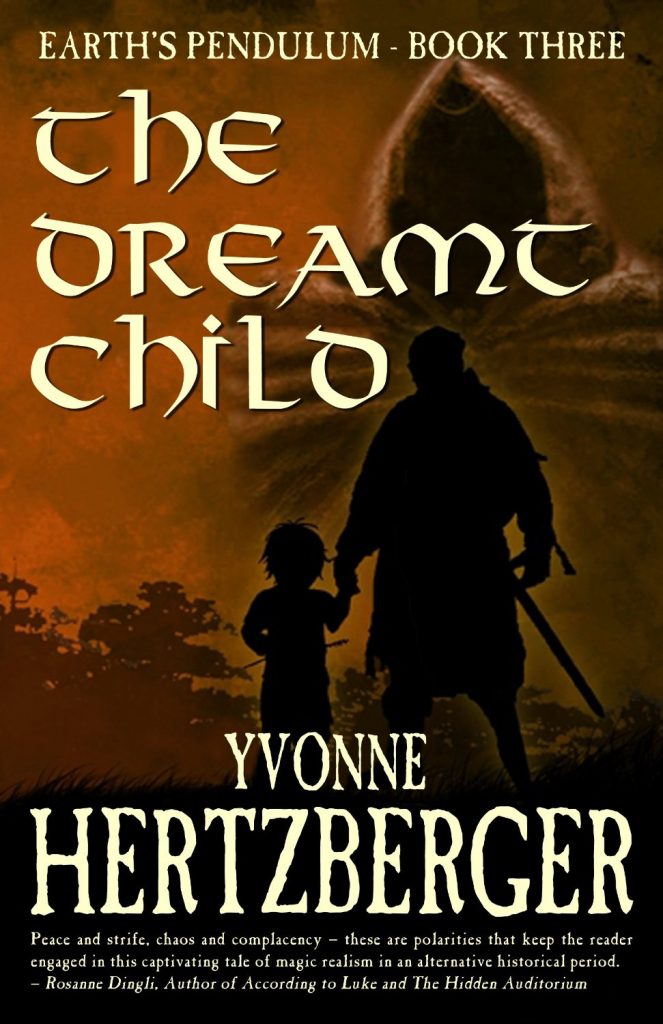A topic that has come up among my writer friends deals with the problem of categorizing our books. Book stores, on-line outlets, libraries and and publishers all want, and indeed need, a label for what we write. Labels help readers and sellers group books in ways that reduce confusion and facilitate choice.
But the reverse can also be true. Labeling books, choosing what genre or category to place them in has become increasingly difficult. The problem affects some areas more than other. Fantasy seems to be particularly plagued. For instance I chose to call my books Epic Fantasy. My story spans at least three books, has many characters, and takes place in an imaginary society. Yet, because the paranormal element is not a major feature of what I write some have suggested it ought to be called Fantasy Romance, or Historical Fantasy, even Historical Romance. My problem with those is that romance is not the major theme of my stories. Romance plays a part, it is true, but is there to support the sweep of the tale and to offer readers characters they will identify with. Since my books are not based on a real society (even though there are elements readers may relate to) they cannot rightly be called historical. Even the fantasy label can be called into question. I have no dragons, no magic spells, or fantastical creatures, so those looking for anything in the vein of Tolkien, Rowling, or even C. S. Lewis will be disappointed. Yet I do have seers with abilities we mere mortals do not possess. There is also the earth personified as a goddess.This makes Fantasy the correct designation.
I have had so many readers tell me they loved my books. These are folk who took a chance because I had an opportunity to explain my labeling problem to them. They told me they do not usually read Fantasy, and ask me “what is Epic Fantasy anyway”. But after reading Book One they couln’t wait for the next one. The oft heard comment has been “but it’s not really Fantasy”.
Even within Fantasy, Epic Fantasy seems to be a very nebulous category. I have read many descriptions and definitions, none of which much resemble each other. But no other label fits. So what’s a writer to do?
The result is that I am missing a wide audience that would enjoy what I write but will never find me because I have been lumped with, not only the wide range of books called Fantasy, but also with Science Fiction. Why these two are grouped together I will never understand. They are, in my opinion, at opposite ends of the imagination spectrum.
I would love to hear from other writers of Fantasy to hear how they are dealing with this. I know we are legion. Well, maybe not quite, but you get the picture.












Perfect. Excellent arguments, keen observations, beautiful wording.
Thanks Wendy – now what do we do???
The problem is that everyone wants things wrapped up in a nice neat little box. This can’t be done all the time. How do we make it easier for people to find what they like?? My book contains mystery,adventure,friendship,danger,humor,romance…what do I call it?
Exactly. That’s just what I am talking about. Thanks for your comment.
I think sci-fi and fantasy are nothing alike. To me, sci-fi implies some sort of science, like I ROBOT by Asimov, RINGWORLD by Niven, or The Mars Trilogy by Robinson. Fantasy…that’s little harder to define, but it’s not strictly sci-fi. Fantasy to me is something we can’t put our finger on, it’s imagination that deals with more than just the world that we can touch, taste, see, or hear.
Thank you Karen. I completely agree. I think that is what makes it so hard to fit into a box. And makes it hard for readers to find it. Yet I know from my own experience. both as a writer hearing feedback about my own work, and as a reader looking for books that many enjoy it.
I’ve had this same discussion with a few writer friends. Up until the last ten years, I had never heard of the grouping Fantasy and Science Fiction. Frankly, that’s wrong and I don’t have a problem saying that. Perhaps many authors who wrote fantasy also put out a few science fiction novels, so the two became linked. But that’s the only connection. Fantasy is not Science Fiction.
I noticed another thing has happened with horror. I never hear of the genre anymore. Vampires, ghosts and werewolves are horror to me, yet, Twilight is considered fantasy. Again, those people who classified it as fantasy are wrong. It is horror. If they want, they can have sub-genres and classify it as modern day horror, but it’s not fantasy.
Fantasy to me it the realm of fairies, dragons, fantastic worlds without modern conveniences (no electricity, robots, computers), gods and goddesses, dwarfs, elves, magic, wizards, swords, kingdoms and such. Not all fantasy novels contain all these things, but they usually contain one or more.
I believe the comment above from thecrazyhalf is very true; they want everything in neat little packages. But life doesn’t come in neat packages. My fantasy novel contains adventure, romance, a good against evil battle, mystery and humour. I call it fantasy because it takes place in another realm.
I wrote a short story which I’d call science fiction though a dwarf is one of the characters. The only reason is because it is set in this world in the future.
The imagination can not be caged in a genre. It is too wild. lol
You are so right, Dianne. Thank you.
Hi Yvonne,
I recently blogged about this here:
http://adrianstaccato.blogspot.ca/2012/07/the-more-precise-method-of-selecting.html
http://adrianstaccato.blogspot.ca/2012/07/proof-kindle-categories-matter.html
Kindle categories make all the difference in the world!
Thanks Adrian. This is good information. How do I follow your blog – and get email notification? I couldn’t find a follow button.
Thanks for letting me know! I’ve added a follow by email option. And thanks for the follow on twitter!
Great. I’ll have another look. Thanks.
I find classifying my books a nightmare too. Half of me says, who cares! Write what you think is right. The trouble is, readers have a right to know what is in the book before they buy. I write Scifi, but so far they look far more like techno thrillers, so that is what I call them, but I also call them “future history” but there does not seem to be such a genre. One point I would make about fantasy, though, is remember what Tolkein’s associates said, which was something like (in despair) “not more ……. elves”. One thing about fantasy is it should be different! So keep on doing what you think is right. Oh, and if you or anyone else knows how to get around this classification problem, feel free to let me know.
Thanks Ian. One thing I am gradually learning is that SEO and tags have a strong influence on how readers find our work. I haven’t mastered it yet but I’m trying.